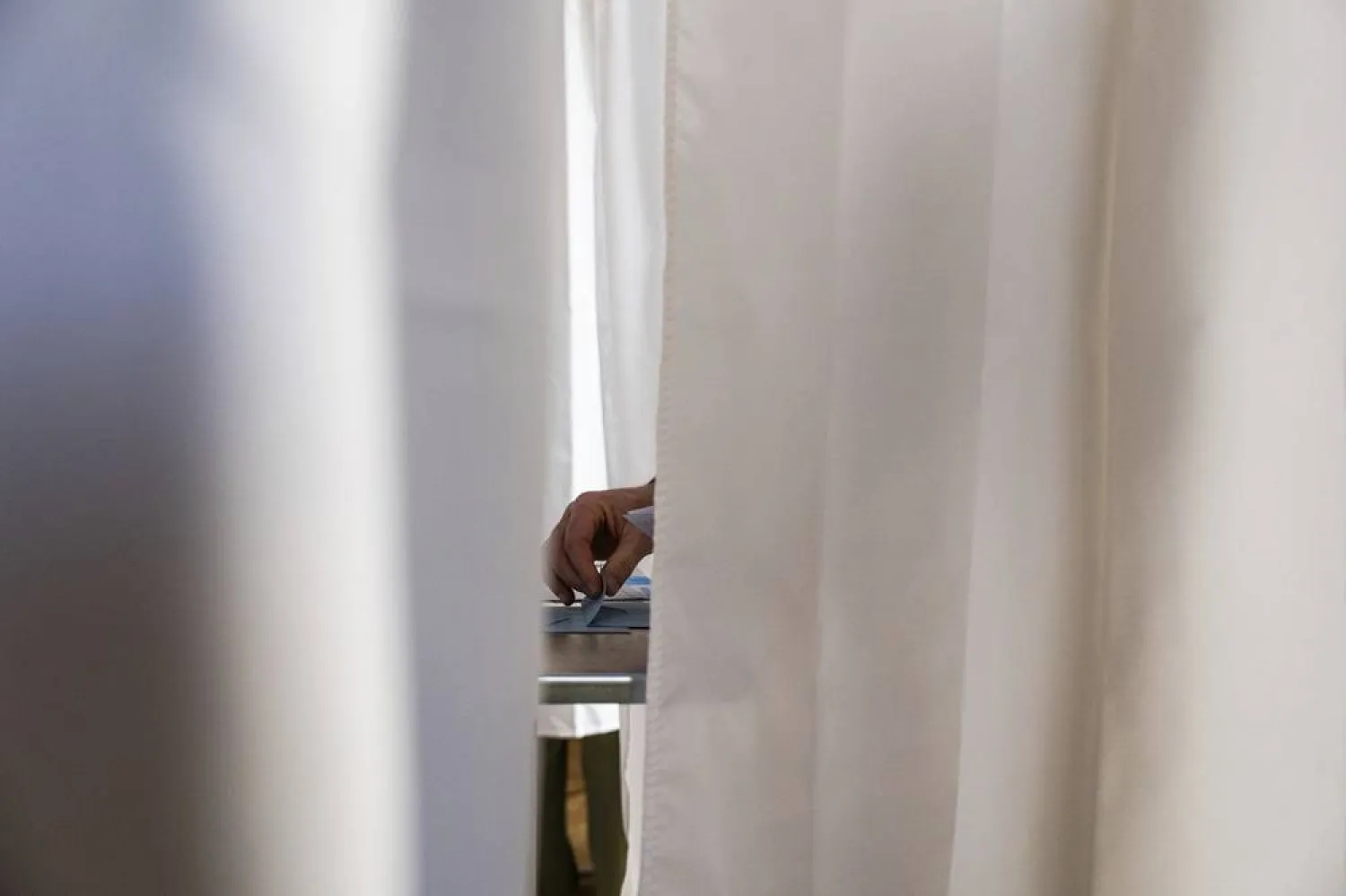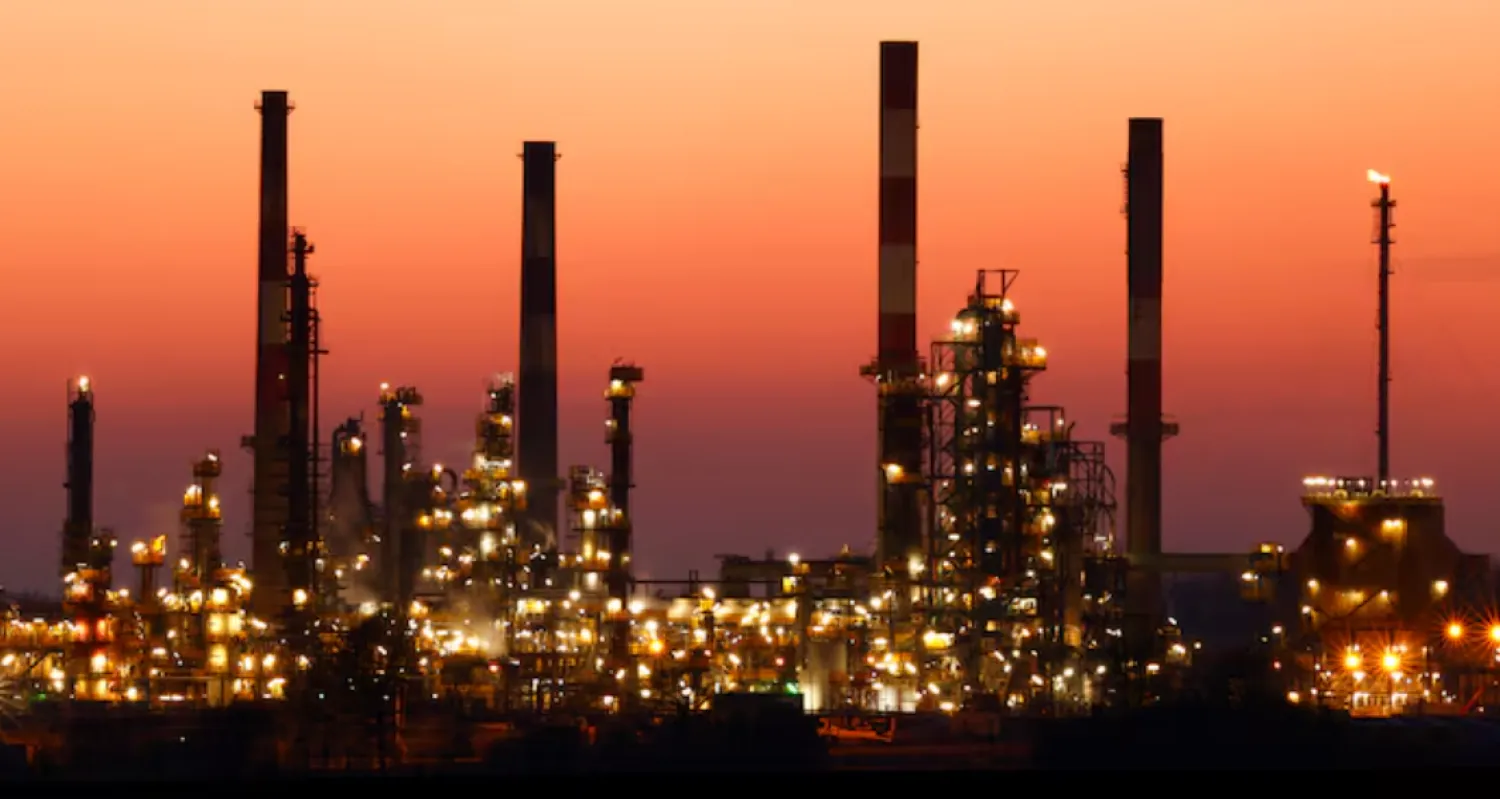Already under scrutiny from ratings agencies, financial markets and Brussels, France's public finances are likely to come under more strain no matter what the outcome of a snap parliamentary election, which starts with a first round of voting on Sunday.
The main parties have all promised new spending but their plans to pay for it are short on detail and do not always stack up.
Polls indicate that the far-right National Rally (RN) will come first, followed by the New Popular Front left-wing alliance and President Emmanuel Macron's Together trailing in third.
The outgoing government had promised to cut the budget deficit from 5.5% of Gross Domestic Product last year to a European Union ceiling of 3% by 2027 - an objective that may be unattainable after the vote, which concludes with a second round on July 7.
FAR-RIGHT NATIONAL RALLY
If it forms a government, the RN wants as soon as July to cut value added (VAT) sales tax on energy, which it says would cost 7 billion euros for the rest of this year and 12 billion in a full year.
The RN says it would be financed by obtaining a 2-billion-euro rebate on France's EU budget contribution, although the bloc's 2021-27 budget has long since been voted into the books.
The party is counting on big gains from ramping up a levy on exceptional profits from power producers and replacing a tonnage tax on shipowners with normal corporate tax, although that sector's bumper profits of recent years is likely to subside.
The RN also wants to annul a cutback in the duration of unemployment benefits due from in July, a move that the outgoing government says would cost 4 billion euros.
Further out, the RN aims to index pensions to inflation, reduce the retirement age to 60 for people who started work at 20 or before, exempt some workers under the age of 30 from income tax and raise teacher and nurses wages.
It also wants to go ahead with cuts in local business taxes that the current government has had to suspend because they could not be afforded.
The RN would also scrap a 2023 increase in the retirement age to 64 from 62, replacing it with a more progressive system which remains to be specified. The party says it would stick with existing plans to cut the budget deficit in line with France's commitments to EU partners.
Targeting welfare spending on foreign citizens and cutting red tape, the RN has pledged to go head with 20 billion in budget savings this and next year, which the current government has struggled to come up with and detail.
It further wants to renegotiate the European Central Bank's mandate to give it a new focus on jobs, productivity and financing long-term projects.
LEFT-WING NEW POPULAR FRONT
The New Popular Front (NFP) alliance says its first moves would include a 10% civil servant pay hike, providing free school lunches, supplies and transport while raising housing subsidies by 10%.
It says that it can cover the cost by raising 15 billion euros with a tax on superprofits, which remains to be detailed, and reinstating a wealth tax on financial assets, also for 15 billion euros.
Additionally the group wants to freeze prices of basic food items and energy while raising the minimum wage by 14% with subsidies for small firms that cannot otherwise cope.
The alliance would then in 2025 hire more teachers and healthcare workers, step up home insulation with subsidies, boosting public spending by an additional 100 billion euros.
It says the cost would be covered by closing tax loopholes, making income tax much more progressive, restoring the wealth tax on financial assets and setting a maximum inheritance for families of 12 million euros.
From 2026, public spending would reach 150 billion euros annually, notably by increasing the culture and sports ministries' budgets to 1% of GDP.
The NFP would also scrap the 2023 increase in the retirement age and wants to eventually reduce it to 60. The alliance says the extra spending would be financed by tax hikes and stronger growth, but it does not plan to reduce the budget deficit and rejects the EU's fiscal rules.
CENTRIST 'TOGETHER' ALLIANCE
While Macron's party is committed to cutting the budget deficit to 3% of GDP by 2027, institutions from the national auditor to the IMF had serious doubts even before the snap election was called.
Since then, the party has pledged to cut power bills by 15% from 2025 and to match pension hikes to increases in inflation. It says that it will raise public sector wages, but its program does not say by how much.
The party remains committed to no broad tax hikes and will increase the amount parents can gift children tax-free.









